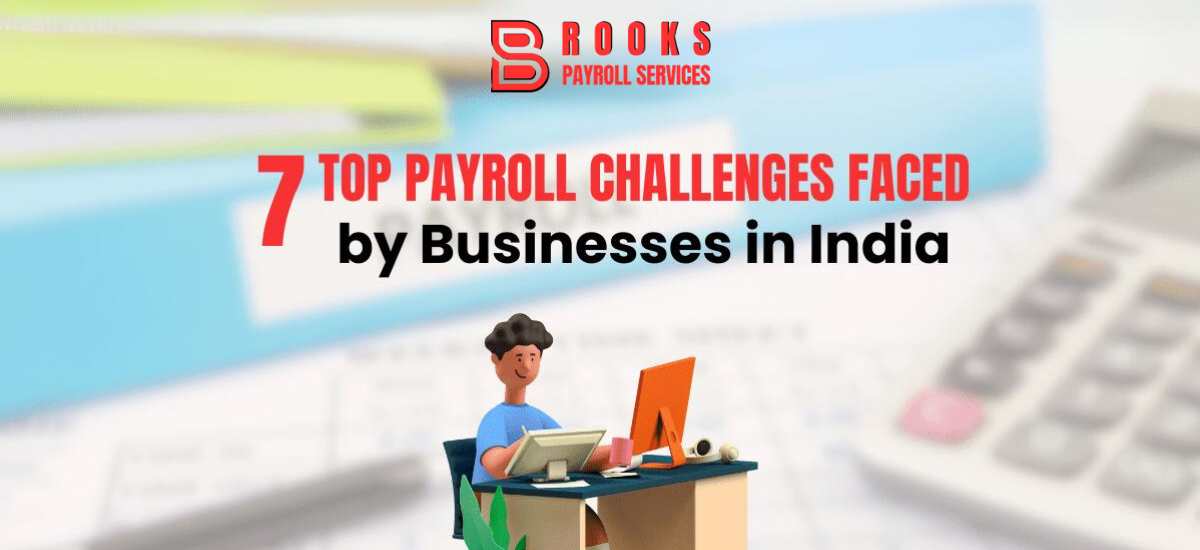In the intricate landscape of business operations, payroll management stands as a crucial pillar that demands meticulous attention. While India offers a plethora of opportunities, it also presents unique challenges when it comes to managing payroll. Let’s delve into the top seven payroll challenges that businesses commonly face in India and explore potential solutions for each.
Introduction
Payroll management is more than just disbursing salaries; it involves intricate calculations, compliance with regulations, and ensuring employee satisfaction. In India, businesses often grapple with unique challenges in this realm. Let’s uncover the most prevalent ones.
1. Complex Tax Structure
India’s tax system is intricate, with various deductions, exemptions, and slabs. Calculating accurate taxes for each employee can be a daunting task, leading to errors and compliance issues.
Solution: Leveraging advanced payroll software that automatically calculates taxes based on the latest regulations can streamline the process and minimize errors.
2. Ever-Changing Regulations
India’s labor and taxation laws are subject to frequent changes. Staying updated and ensuring compliance with the latest regulations is an ongoing challenge for businesses.
Solution: Employing a dedicated team or partnering with experts who stay abreast of legal changes can help businesses adapt swiftly to new regulations.
3. Manual Processes
Many businesses in India still rely on manual payroll processes, leading to delays, errors, and inefficiencies in data management.
Solution: Transitioning to automated payroll systems not only reduces errors but also enhances efficiency by eliminating time-consuming manual tasks.
4. Data Security Concerns
Payroll data contains sensitive employee information, making it vulnerable to breaches. Data security is a major concern, especially in the age of cyber threats.
Solution: Implementing robust cybersecurity measures, encryption protocols, and regular audits can safeguard payroll data from unauthorized access.
5. Geographical Diversity
Multinational companies operating in India often face challenges in managing payroll for employees spread across different states with varying labor laws.
Solution: Partnering with payroll experts who have a deep understanding of regional regulations can help navigate the complexities of diverse labor laws.
6. Compliance Challenges
Meeting diverse compliance requirements, such as PF (Provident Fund), ESI (Employee State Insurance), and TDS (Tax Deducted at Source), can be overwhelming, especially for businesses with a large workforce.
Solution: Adopting integrated payroll systems that automatically calculate and deduct these contributions ensures compliance without manual intervention.
7. Employee Benefit Management
Administering employee benefits like leaves, reimbursements, and bonuses demands meticulous tracking and management.
Solution: Utilizing payroll software that allows employees to access and manage their benefits and leaves while providing HR teams with automated tools can streamline the process.
Conclusion
Navigating the complex terrain of payroll management in India demands proactive strategies to address the unique challenges businesses face. By embracing technology, partnering with experts, and prioritizing compliance, businesses can overcome these hurdles and ensure smooth and accurate payroll operations.
To thrive in India’s dynamic business environment, mastering payroll challenges is not just a necessity; it’s a strategic imperative.






